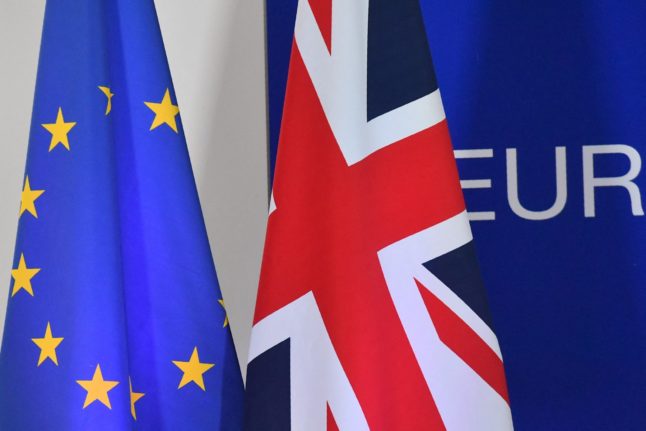Like many things in Austria, family reunification can be a mess of bureaucratic confusion. When going through the process, two key questions arise – including who counts as a “family member” and what kind of settlement permit can they get or should they apply for.
Non-EU family members staying in Austria for less than six months can apply for a corresponding visa through their Austrian mission abroad. Such family members staying more than six months will have to apply for a residence permit in Austria from their local immigration authority.
READ ALSO: COMPARED: Germany’s Chancenkarte vs. Austria’s Red-White-Red card for skilled non-EU workers
Who counts as a family member?
Austrian law is fairly restrictive about who is classified as a family member. Spouses, registered partners, and unmarried minor children count. These include both adopted children and stepchildren.
Some other family members may end up counting in certain circumstances – particularly if they receive financial support or need care. These include unmarried life partners who can provide evidence of their relationship with the person resident in Austria, or elders of the Austrian resident or their partner – for example parents or grandparents.
READ ALSO: EXPLAINED: How entrepreneurs can get Austria’s ‘Red-White-Red’ card for skilled non-EU workers
What permits are there?
In many cases, the family member can apply for a Red-White-Red plus card.
This card is available to family members of those resident in Austria on a Red-White-Red or a Red-White-Red plus card of their own. It’s also available to family members of those holding an EU Blue Card for Austria, those holding permanent residence in Austria, or those holding settlement permits for research, running their own business, or taking up dependent gainful employment.
A Red-White-Red plus card comes with a great deal of freedom for the family member – in some cases more than the original resident might enjoy. The card allows unrestricted access to the Austrian labour market without government approval to take up any job.

It’s validity though, is tied to that of the permit issues to the original family member that came to settle here.
Otherwise, family members may end up being eligible for settlement permits if the person resident in Austria holds a standard settlement permit.
Family members of those holding a settlement permit with gainful employment excepted – typically favoured by retirees – will also get the same type of settlement permit.
READ ALSO: COMPARED: How to get a visa to settle in either Germany or Austria for retirement
What other requirements need to be fulfilled?
Family members must be able to support themselves to the tune of €1751.56 monthly for married couples, €1110.26 for singles and €171.31 for each additional child. This amount will often be satisfied by the main resident’s already existing salary. Either way, the applicant needs to be able to prove it, for example with a payslip.
Applicants must also have adequate accommodation to local standards and health insurance – although they will typically already be covered under the plan of the family member already resident in Austria. They’ll need to be able to prove this, for example through leases and copies of the health insurance plans.
Family members also have to be able to prove an A1 level knowledge of German – although this is the lowest level for absolute beginners. They’ll need to prove this, typically with a test result.
Finally, they’ll need to prove that their family member already resident in Austria has the required permit. They’ll also need a photo, valid passport and, if applicable, marriage certificates or adoption papers. Minors will need to supply birth certificates.
Overall fees typically come in at €120 once the process is concluded.



 Please whitelist us to continue reading.
Please whitelist us to continue reading.
Member comments